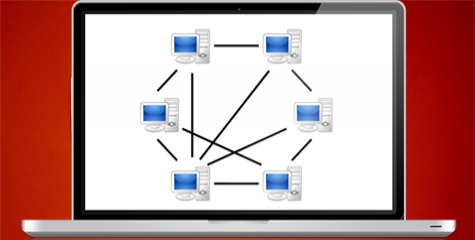WI-WE Progress
| Progress: 91.67% WWI-WE Version: 3 | |
| 0 | mandatory questions pending |
| 19 | questions total |
| 16 | questions answered |
| 16 | questions completed |
| 3 | questions pending |
Mapping Weak Signals
Inspired by: FP7 » Next generation peer-to-peer content delivery platform

Originally submitted by: Martin Fatun
List of all contributors by versions (mouse over)
Last changed by: Martin Fatun
WI-WE status:
.png)
